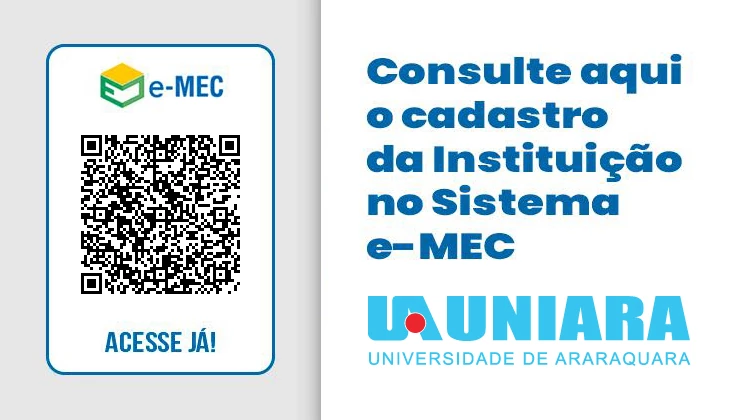The main general objectives of the program are to:
- Investigate the impacts of national and state public policies on municipalities and regions;
- Analyze the contributions of public policies to socioeconomic and territorial development from the perspective of sustainability and productive networks;
- Examine the roles of key actors in municipalities and regions;
- Characterize and analyze land use and occupation processes, as well as the use of natural resources and their environmental impacts;
- Diagnose economic, social, and environmental impacts in order to propose measures for the conservation and/or restoration of ecosystem services;
- Evaluate family agroecosystems with a focus on food security and sovereignty.
The program seeks to train professionals with the following qualifications:
- Competently engage in social processes, plan, design, evaluate, and support the implementation of sustainable policies and actions aligned with the needs of public administration, public management reorientation, and business planning strategies;
- Deepen the understanding of interdisciplinarity as a necessary element for the responses expected by society from science and research today;
- Develop interdisciplinary research and studies, with a systemic and ethical perspective, a multidimensional understanding, and mastery of the main conceptual and methodological tools essential for addressing problems, processes, and alternatives in the field of territorial development and the environment;
- Work in environmental management within formal and informal institutions;
- Research agroecological transition processes;
- Work in public management with an emphasis on policies and practices that differ from conventional models;
- Contribute to paradigm shifts in rural development practices;
- Teach in higher education.









